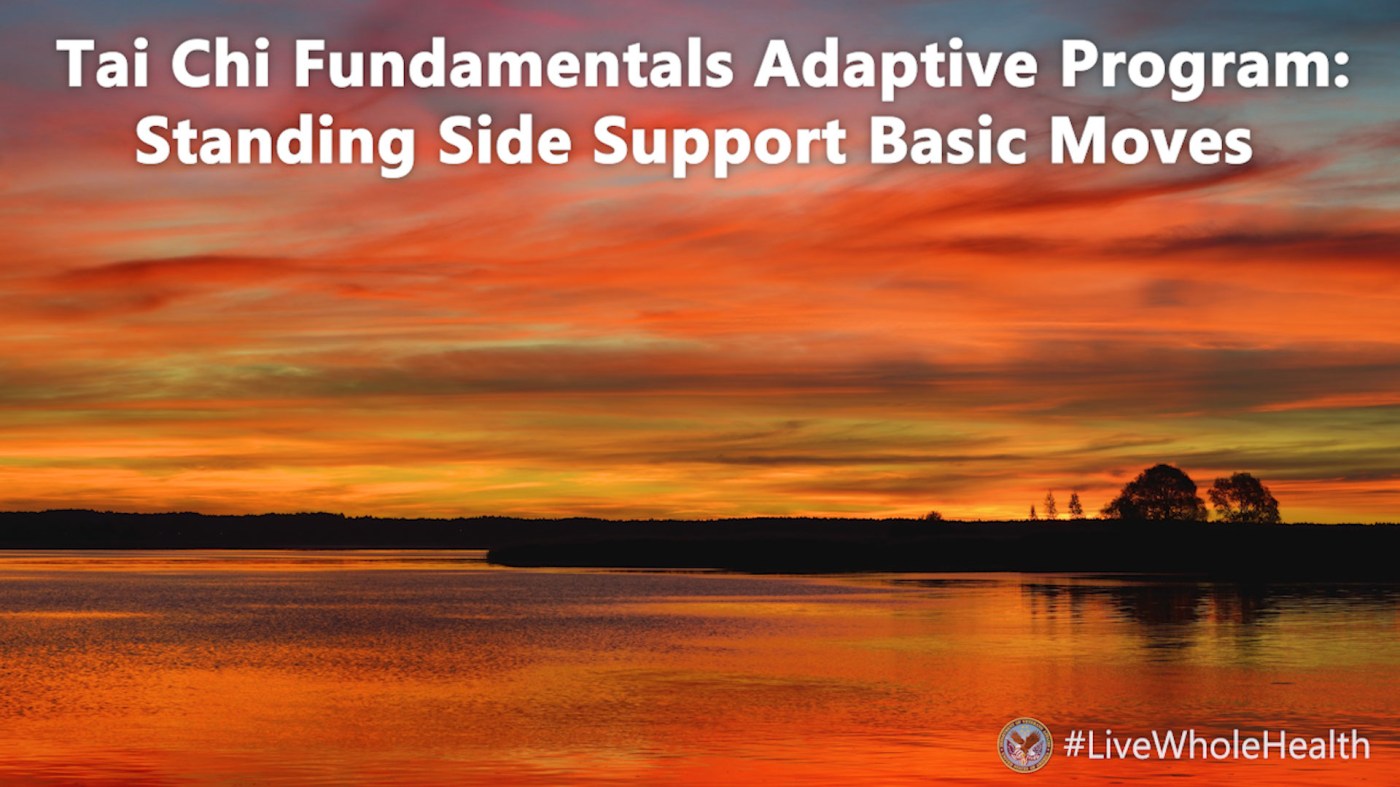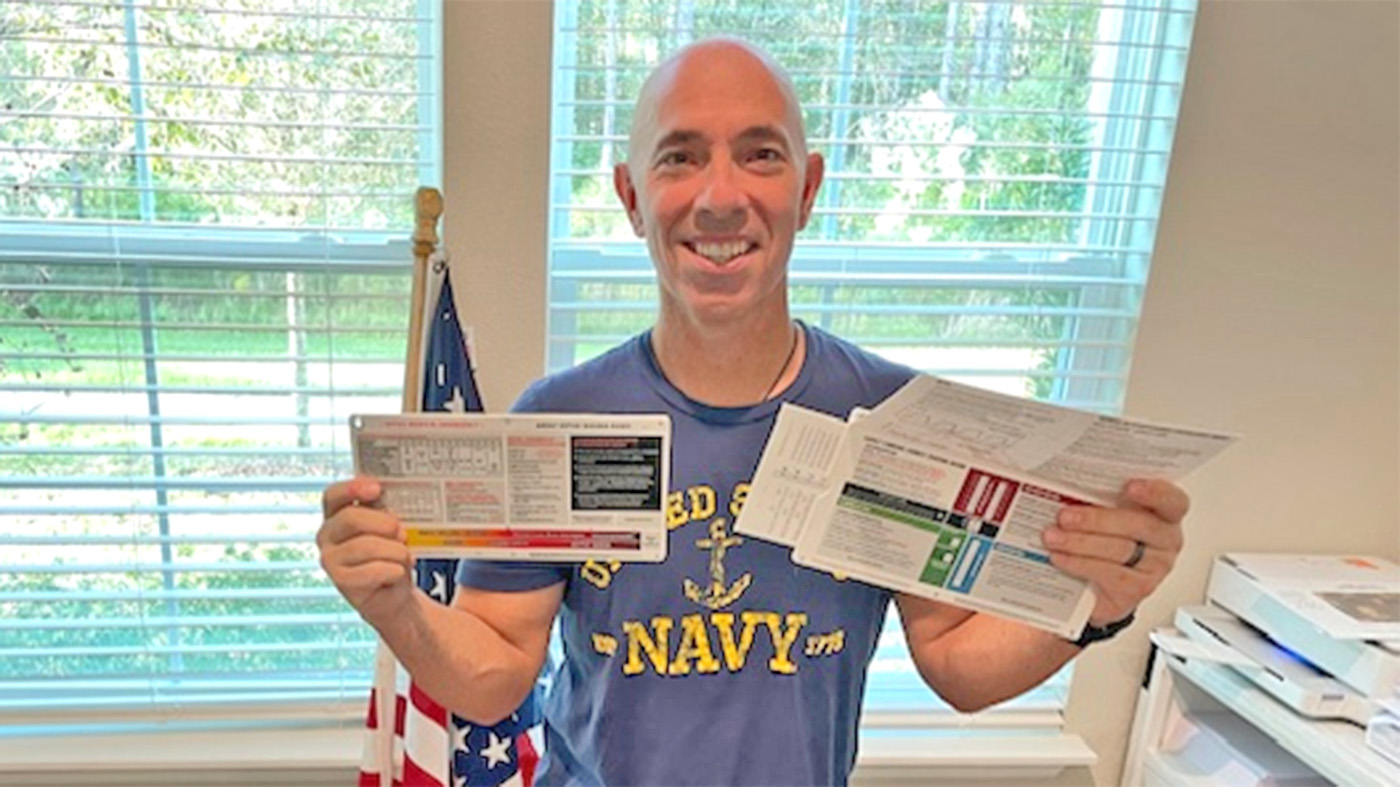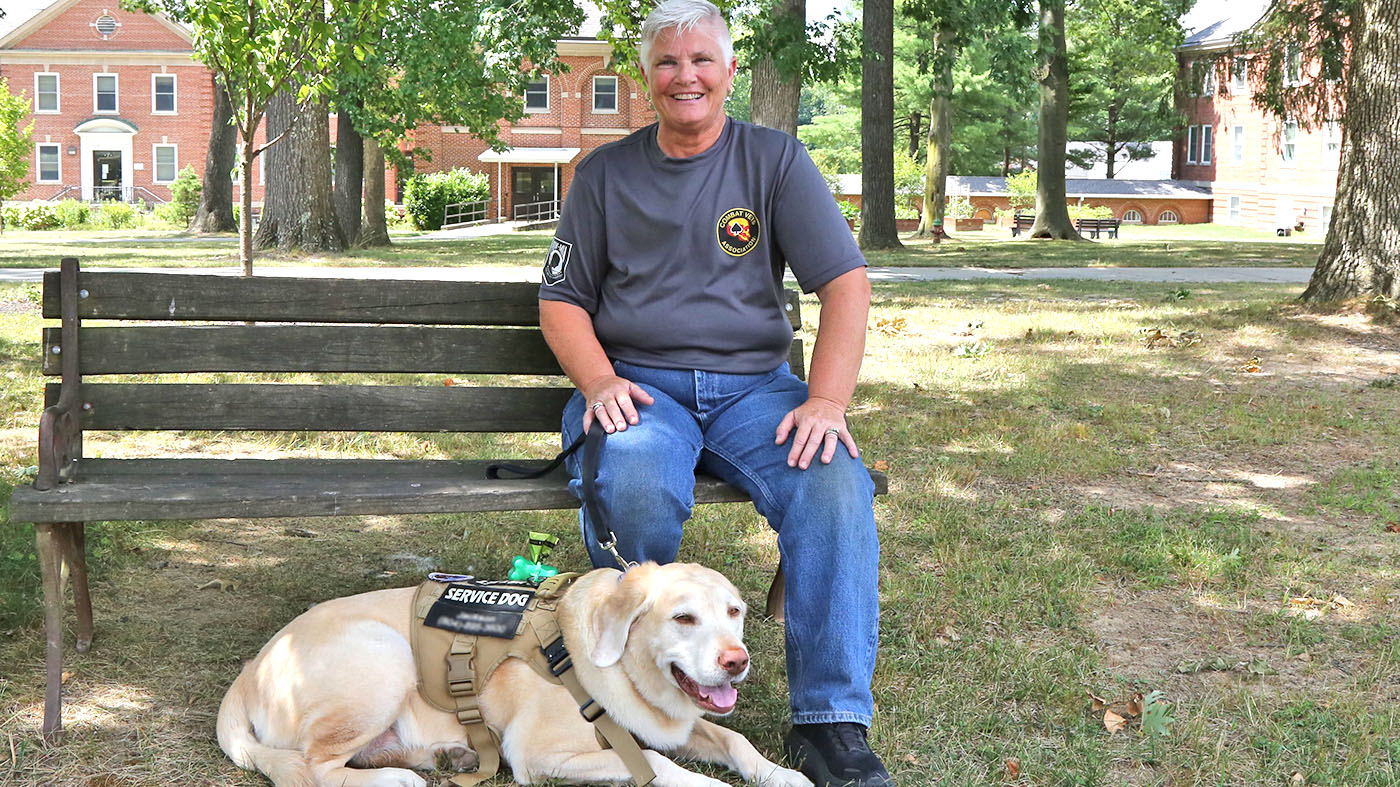VA is taking care of community health care providers who treat Veterans.
Suicide Prevention Month is an important time to raise awareness about suicide prevention and honor our commitment to serving Veterans at risk for suicide.
VA is dedicated to advancing suicide prevention outreach, education and treatment efforts to reduce Veteran suicides.
As part of this pledge, VA offers the Suicide Risk Management Consultation Program (SRM) to support VA and community health care providers.
Despite ongoing efforts to prevent suicide, there is still an alarming rate of Veterans dying by suicide. Contacts with health care providers are key touchpoints to help prevent suicide among Veterans.
SRM offers free consultation, support, education and resources that promote therapeutic best practices for working with Veterans at risk for suicide.
Empowering mental health providers
SRM has a team of experts committed to prevent and better understand suicide among Veterans. Georgia Gerard is a member of the SRM team who has been consulting with providers and Veterans for nearly five years.
When asked about her ideal outcomes for SRM, Gerard states, “We want all providers to feel supported and confident in their treatment decisions. Through the Suicide Risk Management Consultation Program, providers feel empowered to share evidence-based treatment recommendations with Veterans they serve. They can collaboratively develop an individualized risk management plan.”
SRM’s free consults cover a range of issues such as:
- Risk assessment
- Conceptualization of suicide risk
- Strategies for how to engage Veterans at high risk
- Lethal means safety counseling
- Best practices for documentation
- Provider support after a suicide loss (postvention)
Ninety-six percent of SRM participants felt more confident in risk assessment and management.
One SRM participant shared, “I think SRM is a great resource. I really do appreciate the chance to discuss difficult situations with people who are well-versed in issues related to suicide prevention. I always tell other staff here and in the community about this consult as well.”
Learn more about SRM
Interested providers are encouraged to watch this short video for additional information on SRM. VA and community providers treating Veterans at risk for suicide can explore the SRM website for resources, tools, and trainings.
The site is also home to the SRM Lecture Series – a free monthly webinar covering a wide range of topics related to suicide risk in Veterans, postvention, best practices and safety planning.
SRM experts only consult with providers on suicide risk management.
If you are a Veteran in crisis – or you’re concerned about one – free, confidential support is available 24/7. Call the Veterans Crisis Line at 1-800-273-8255 and press 1, send a text message to 838255, or chat online.
Topics in this story
More Stories
Forget 'No Pain, No Gain'—try 'No Pain, More Gain' with Tai Chi! Calm the mind and gift yourself well-being in this week's #LiveWholeHealth practice.
Critical care dosing guides are critical in emergency care where a clinical team’s skill and focus matter most.
Combat Veteran faces the traumatic events of her PTSD during prolonged exposure therapy and looks forward to the days to come.







The VA’s coverage is so good I’m trying to get a job at Starbucks to actually get healthcare that will cover surgeries I need. I can’t imagine they are going to treat providers that much better than veterans. Enjoy having your appointments scheduled for October of next year at 1 pm on a Tuesday across town that eventually will get cancelled!
One of the many issues that frustrate veterans is dealing with many of the of the doctors (Who act or become Insurance adjusters) whe veterans file Claims. Their sonically mentality actions or I don’t give a darn or have no idea as what we really feel, create a high level of anxiety and distrust on the VA medical staff. These Doctors or insurance adjusters actions are simply there to discourage veterans from filing or refiling claims. There is no doubt in my mind, that they have been responsible for some PTSD patients negative or unwanted actions.
Too bad the VA doesn’t give a crap about other providers by making payments less of a hassle. I lost my chiropractor because tri-west kept denying their paperwork, and didn’t process requests for service for months…
Good providers quit working with the VA and we’re left with the crappy providers that are left… Great job patting yourselves on the back VA, every crappy service is still another veteran served, and a success in your power point slide…
These VA Healthcare systems are dumping veterans with the most complex needs and coordination to community care. Community care is a great deal for VA providers as they can get thier stats up while the most at need are killing themselves due to inappropriate and inadequate care. There are plenty of good VA providers but the unethical and system leadership’s prove time and again they will abuse any system in place too make it serve thier goals not the veteran.
https://www.washingtonpost.com/outlook/2021/08/24/opioids-veterans-suicides-interventions-safety/
https://www.inquirer.com/opinion/commentary/opioid-use-pain-patients-coronavirus-regulations-20201216.html